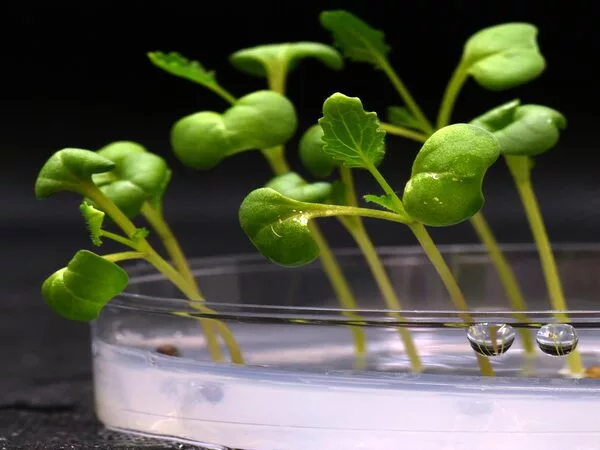A recent study has revealed the activities of hundreds of genes found in algae, some of which are also found in plants. The accomplishment will aid efforts to genetically modify algae for biofuel production and build climate-resistant agricultural crop types.
Genes carry all of the instructions required for an organism to exist, grow, and reproduce. However, discovering a gene and understanding what it does are two entirely different things. Many genes include unknown instructions whose activities are unknown to scientists. A recent study led by the University of California, Riverside, Princeton University, and Stanford University has revealed the activities of hundreds of genes in algae, some of which are also found in plants. The achievement will help efforts to genetically engineer algae for biofuel production and develop strains of agricultural crops that can withstand climate change.
“Plant and algal genetics are poorly understood. These organisms produce the foods, fuels, materials, and medicines on which modern society depends, but we have little understanding of how they work, making engineering them difficult” Robert Jinkerson, an assistant professor of chemical and environmental engineering at UC Riverside, is the corresponding author. “Mutating genes to observe how they influence the organism is a typical technique to learn more about biology. We can see how biology works by breaking things down.”
The data and expertise acquired in this work are already being used to design algae to produce more biofuels and to improve agricultural environmental stress tolerance.
Robert Jinkerson
The researchers conducted tests that generated millions of data points using algal mutants and automated methods. The researchers were able to uncover the functional role of hundreds of poorly described genes and identify several new roles of previously recognized genes by analyzing these databases. These genes play functions in photosynthesis, DNA damage response, heat stress response, toxic chemical reaction, and algal predator response.
Several of the genes discovered in algae have plant counterparts with similar functions, indicating that the algal data can assist scientists to understand how those genes function in plants as well.
Automated approaches to analyzing tens of thousands of mutants quickly, known as high-throughput methods, are typically used to understand gene function on a genome-wide scale in model systems like yeast and bacteria. This is quicker and more efficient than studying each gene individually. High-throughput methods do not work very well in crop plants, however, because of their larger size and the difficulty of analyzing thousands of plants.

The researchers utilized a high-throughput robot to create over 65,000 mutants of Chlamydomonas reinhardtii, a single-celled green algae closely related to plants that is genetically easy to manipulate. The mutants were treated to 121 different treatments, yielding a dataset of 16.8 million data points. Each mutant had a unique DNA barcode that the scientists could read to determine how that mutant fared under a particular environmental stress situation.
Hundreds of genes were revealed to have new functions by the team. For example, they discovered that a gene prevalent in many multicellular organisms aids in the repair of damaged DNA. Another 38 genes, when disrupted, showed difficulty utilising light energy, showing that these genes were involved in photosynthesis.
Another set of genes aided the algae in the processing of carbon dioxide, a second critical step in photosynthesis. Other clusters harmed the algae’s swimming hairs, or cilia. This discovery should help researchers better understand some human lung and esophageal malignancies, which may be caused in part by faulty cilia movement.
A newly discovered gene cluster protected the algae from toxins that inhibit cytoskeleton growth. These genes are also present in plants and the discovery could help scientists develop plants that grow well even in some contaminated soils.
Many of the gene functions reported in algae are seen in plants as well. This knowledge can be used to genetically modify plants to be more resistant to heat and cold stress, temperature stress, or to improve photosynthesis, all of which will become increasingly crucial as climate change threatens the world’s food supply.
A greater understanding of algal genetics will also improve engineering tactics for increasing their output of items such as biofuels. “The data and expertise acquired in this work are already being used to design algae to produce more biofuels and to improve agricultural environmental stress tolerance,” Jinkerson added.





